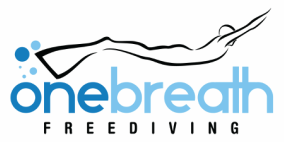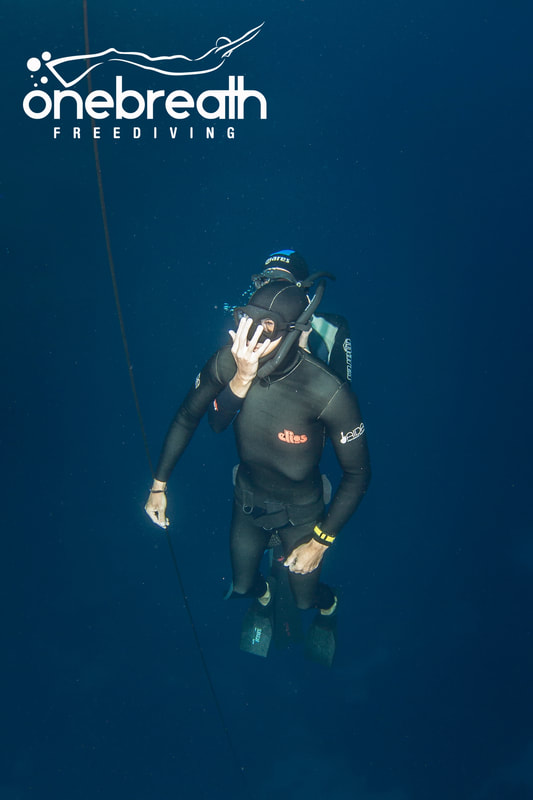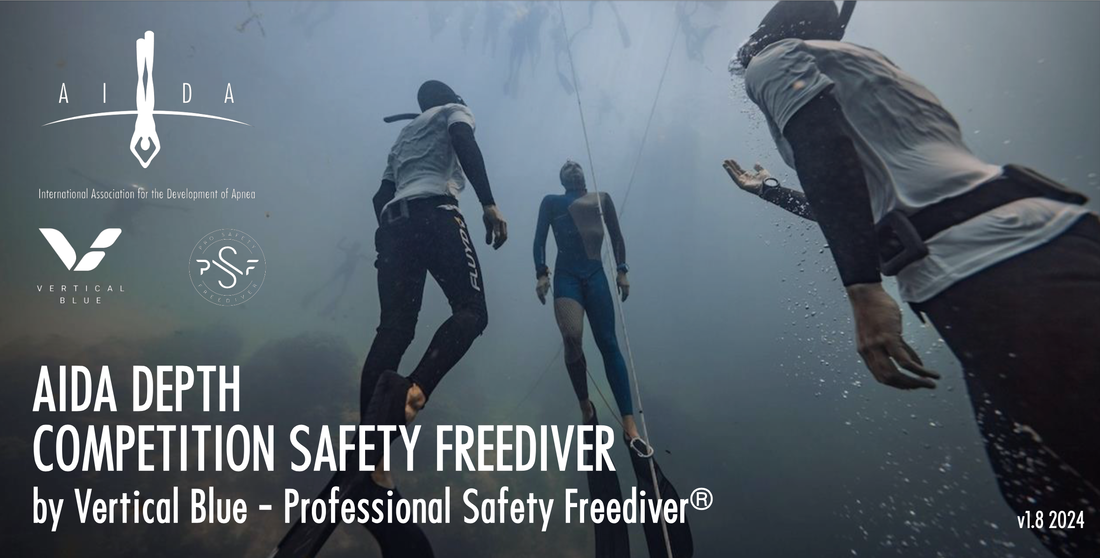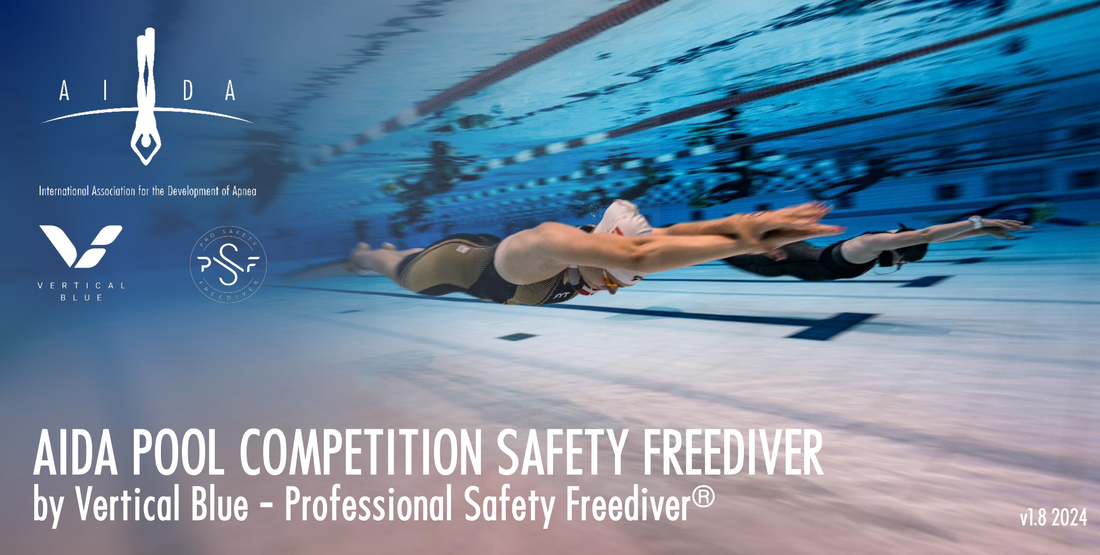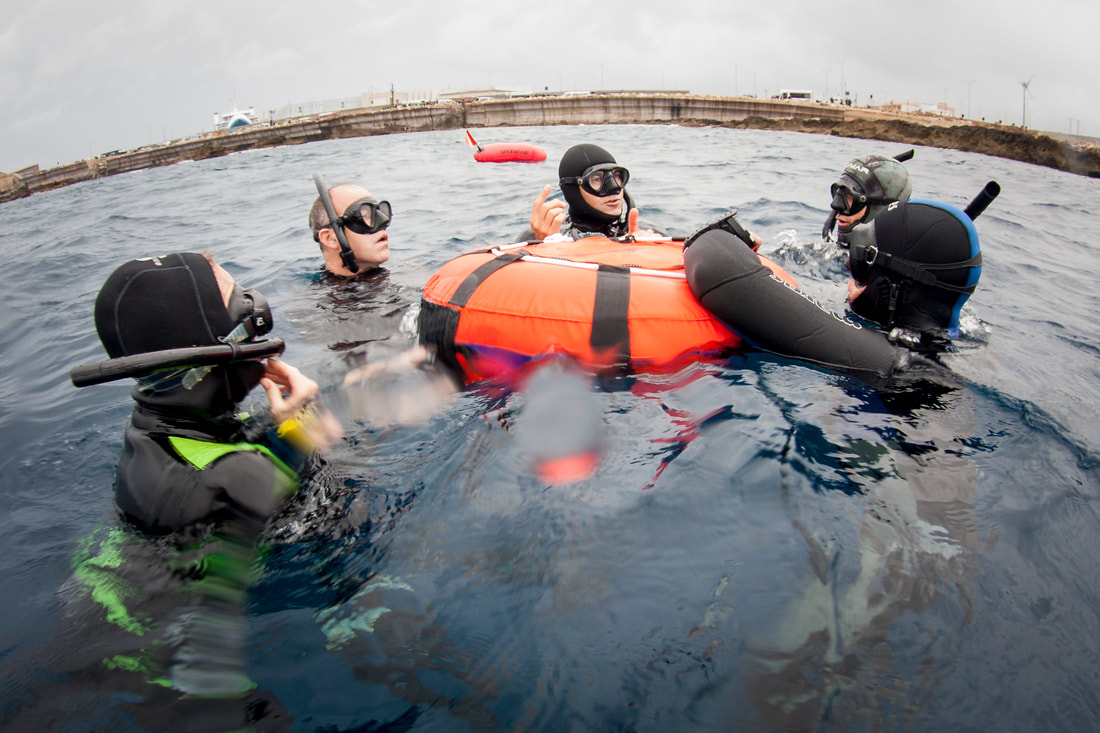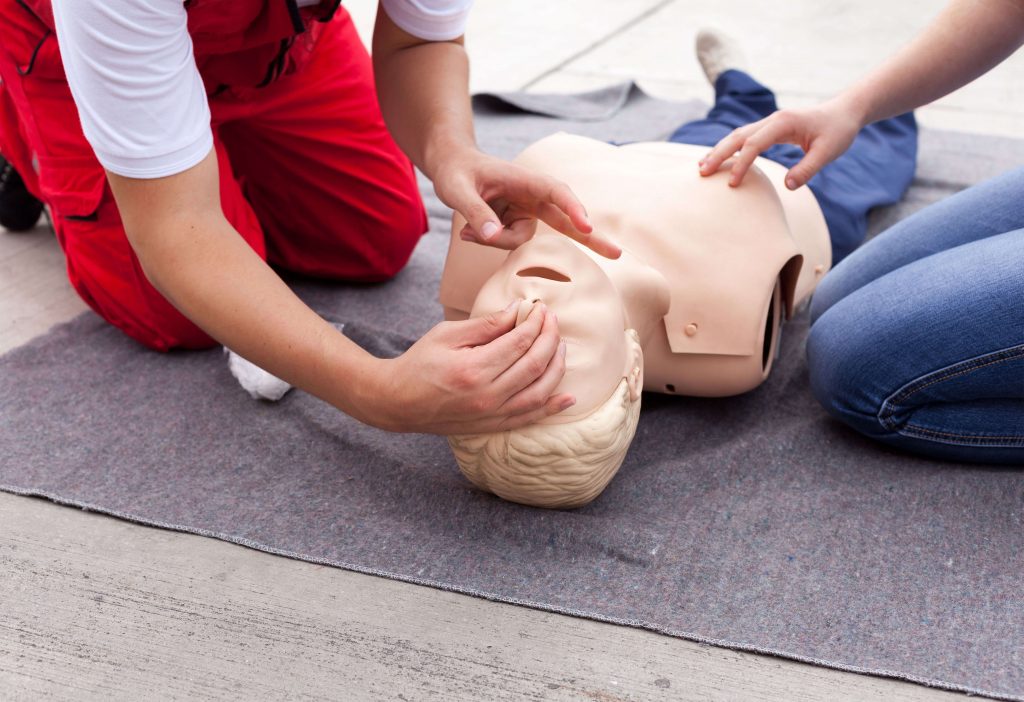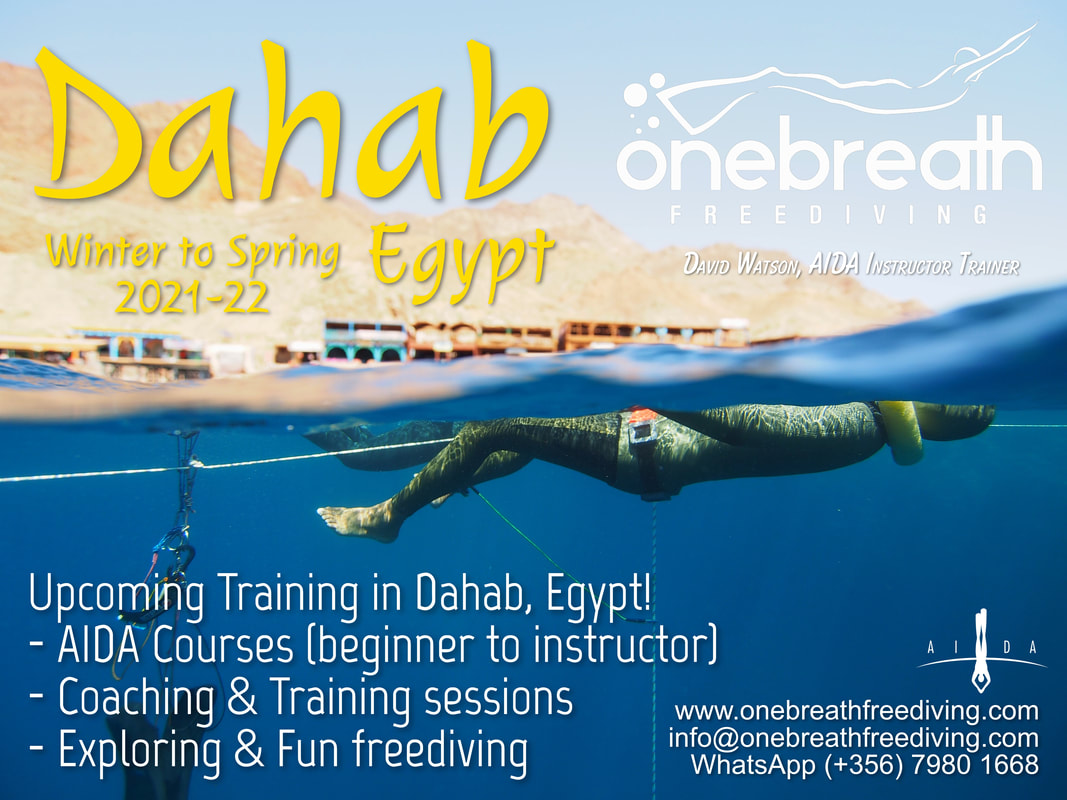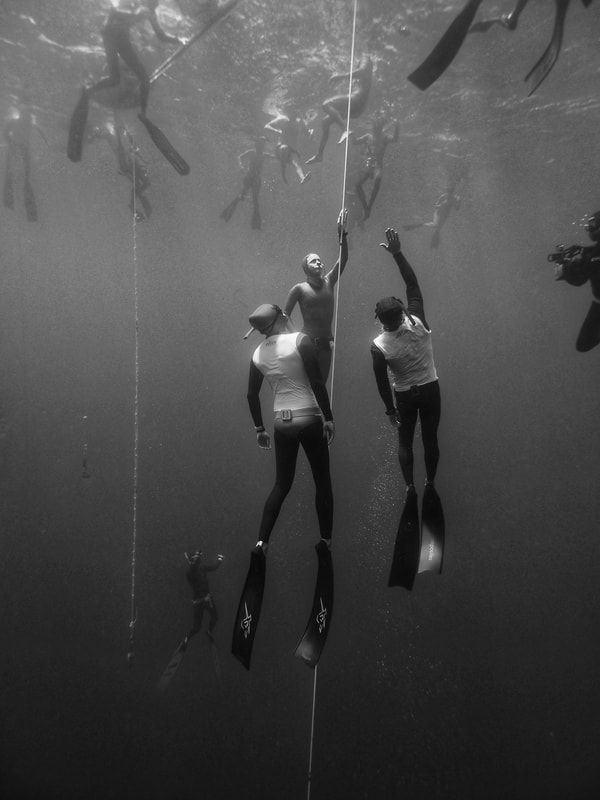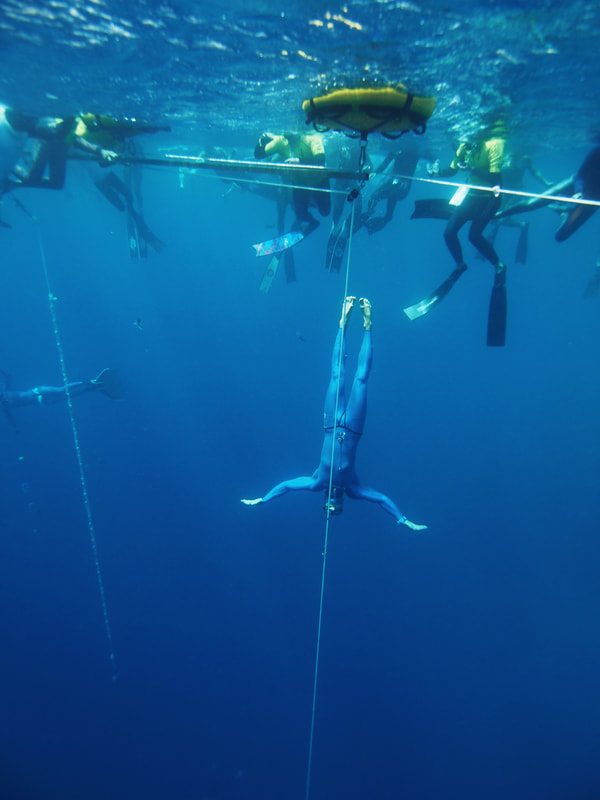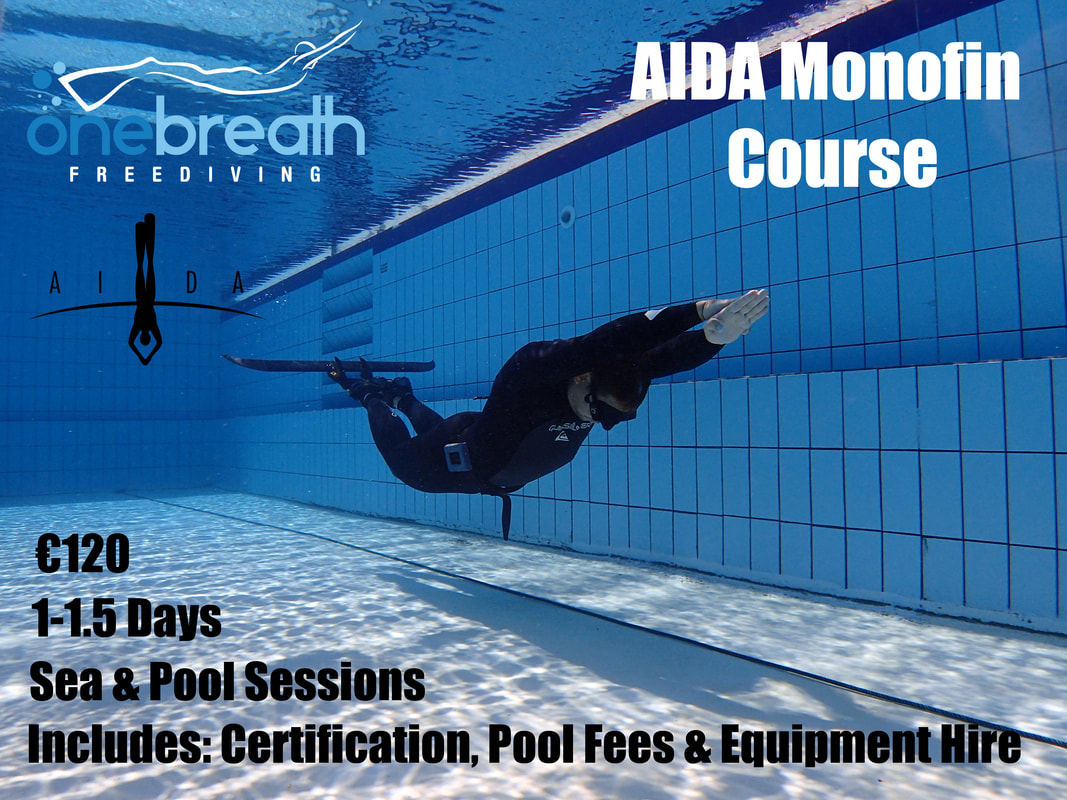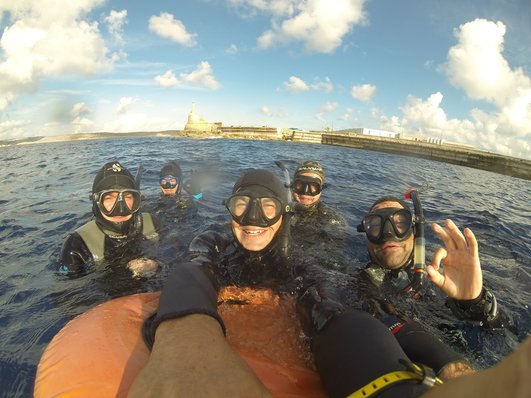Note:
This course is only taught by a limited number of AIDA Instructors who are also AIDA Judges
| Who is this course for?
What does the course include?
|
Fulfil the following physical requirements:
- 35-40m CWTB dives (3x per session)
- 30m dive + 30” surface recovery + 20m dive
- 20m dives with 3-5 seconds notice, at fast pace (early turn simulation)
- 20m solo rescue (as if only one safety freediver)
- 25m team rescue with 30 seconds notice (in all safety diver roles #1, 2 & 3)
- Rescue from various depths (20-25m) in various simulated situations
- Full rescue extraction
- It is an intense course run over 2 days with a high amount of work needed to be completed in the sessions, both in and out of the water.
- It is PHYSICALLY DEMANDING course with the number of deep dives and deep rescue dives needed to complete the pass requirements. An above average level of fitness and endurance is needed to complete the physical demands. (REMEMBER, you are training to be absolutely ready for when another person, the athlete, is in need of your help!).
- Preparation for the course is recommended to include: Familiarity with the current AIDA competition rules. Teaching / assisting teaching is great to get used to focusing on another diver and diving when they are ready, not when you are ready. CO2 tables to get used to having contractions during dives. Practice rescuing someone after a short hang.
- Being a safety freediver can be both GREAT FUN and rewarding and builds camoraderie among those who are the unsung heroes of freediving competitions.
